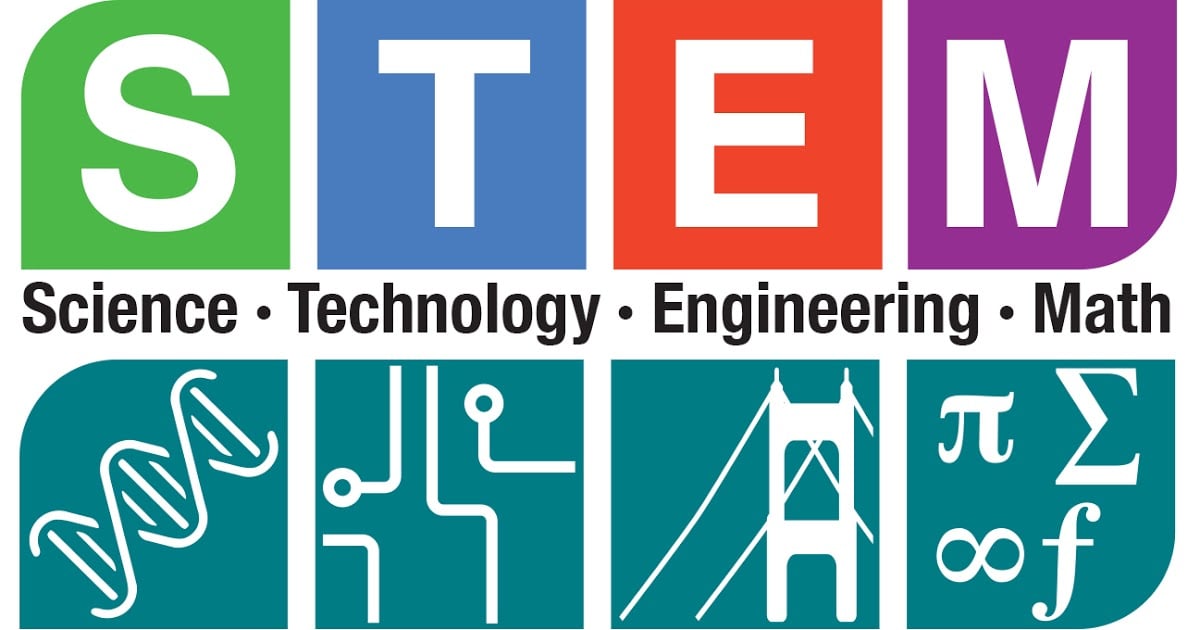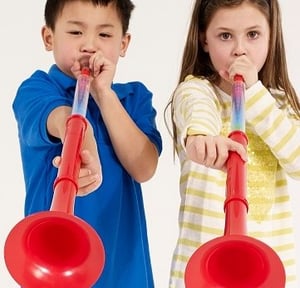
Topics:

School leaders often look to STEM (science, technology, engineering, math) education as a guide to providing courses of study that prepare students for success in 21st-century careers. Providing such experiences in the elementary classroom can reinforce STEM learning at an early age and stimulate practical inquiries for a lifetime of future engagement. Such access for young children demands that such resources cut across a diverse school population where multiple cultures, different learning styles, exceptional abilities, and other challenges can await.
So how does one prioritize a curriculum that provides young students the best opportunities for STEM engagement? Primarily, this is done through the actuation presented for the different learning styles exhibited by most students. Accessing these learning styles - visual, aural, and kinesthetic – provides the student with the best prospect for practical engagement and retention. In practical application the best STEM teaching and learning does not come showing, it comes from DOING.
While on the surface, arts education may not appear STEM-related, some music tools such as the pBuzz early education music tool, introduce many opportunities and concepts for STEM engagements through personal discovery in all learning styles for these elementary learners. Consider these aspects:

If you play an instrument or have a relative who does, you will know that musicians practice scales. They do this because scales are patterns that occur often in music and by practicing them, a musician can recognize them more quickly next time. At its most basic level, music is simply a set of patterns. It’s the predictable and repetitive nature of music that helps our students with the study of science and math and provides the basis for technology and engineering concepts.
Incorporating pBuzz into the elementary school program provides the first introduction to understanding these concepts in ways that impact a diverse school population where multiple cultures, learning styles, and exceptional abilities can thrive and grow.
For more information about pBuzz early learning instruments for your school or program, contact us.
Rich grew up on Chicago’s south side and attended Marist High School, where he was an active member and drum major of the school’s marching band. He attended Elmhurst College (University), receiving a degree in marketing and music-business. His early career included time at the Chicago Symphony and Ravinia Festival organizations, as well as classes at the Chicago-Kent College of Law. Rich’s career has been dedicated to music education. He has worked closely with educators, professionals, retail businesses and corporations. He has established key education partnerships and has served on the board of directors for several non-profit education organizations. He has provided executive planning and marketing acumen for 21st century companies through Strategic Marketing Management, LLC since 2011. Prior to opening his own firm, he served in key management roles at KHS America, Inc., the Conn-Selmer division of Steinway & Sons, Inc., and United Musical Instruments, all worldwide manufacturers and distributors. He served in the management of the SMART Foundation which provided programs and advocacy support for arts education. He has also authored several publications focused on the arts and education and has served on the boards of non-profit music education organizations.
Topics: